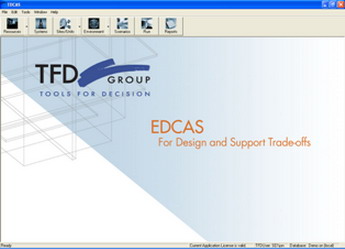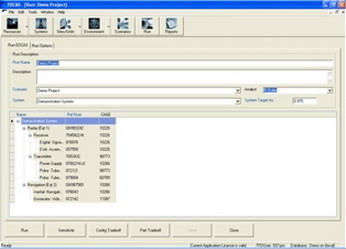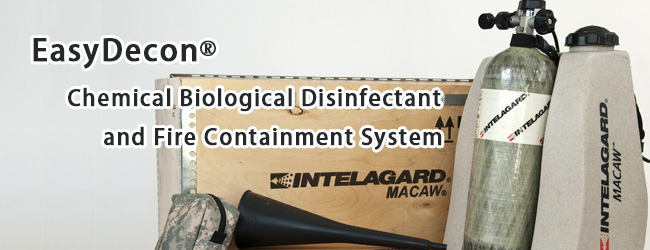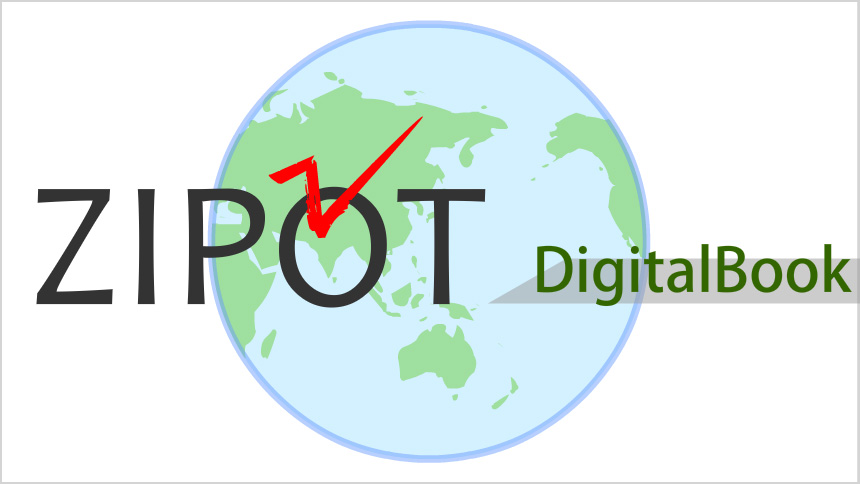 EDCAS
EDCAS
 EDCAS - LCC, LOR, Design T/O
EDCAS - LCC, LOR, Design T/O

Cost-effectiveness is a vital issue for companies involved in the design and development of hardware systems, program offices faced with choices between competing systems, and system operators for whom support arrangements are paramount. Whether the system in question is a frigate, fighter plane, tank, oil rig or radar installation, the cost-effectiveness of design and support hinges on the appropriateness, accuracy and timeliness of analysis brought to bear on the problem.
By giving almost immediate feedback on the life support costs and logistic performance of design alternatives EDCAS brings logistic concerns inside the systems engineering decision loop. And with more than 500 government and industry users around the world, EDCAS has become the de-facto international standard for front-end analysis. It is the decision support tool of choice for systems engineers and logistic analysts seeking to identify cost-effective design and support strategies in the concept and development phases of the system life cycle, or determine the relative costs of available options in the acquisition and in-service phases. The widespread acceptance of public agencies around the world is testimony to the realism of EDCAS estimates.
EDCAS is sensitive to the cost implications of all kinds of hardware design decisions, including both hardware and manpower aspects. Because the model is defined in terms of real economic costs and marginal cost definitions, decisions benefit from full knowledge of real costs and real savings. EDCAS is simple to learn and operate. Its full cost is much less than that of labor-intensive alternatives with steep learning curves and hard-to-assemble data sets.
EDCAS is a central component of the TFD suite of analytical models. Its database is designed to share data with MAAP® and VMetric®. The three applications can be run in sequence, the results from one serving as inputs to another.

TFD's comprehensive range of data interface tools enables an analyst to assemble an EDCAS input data set quickly and easily from many sources – such as MIL-STD 1388-2B data exchange files, corporate databases, spreadsheets, or LSAR 036 reports.
As a complement to its unsurpassed decision support software tools the TFD Group also offers high-value analytical services. TFD Group analysts have records of distinguished achievement in relevant fields. They can assemble and import your data into the TFD Database quickly and efficiently. And they can coach your organization in the most effective and efficient ways to perform required analyses, either on-site or in TFD's training facility in Monterey, California.







